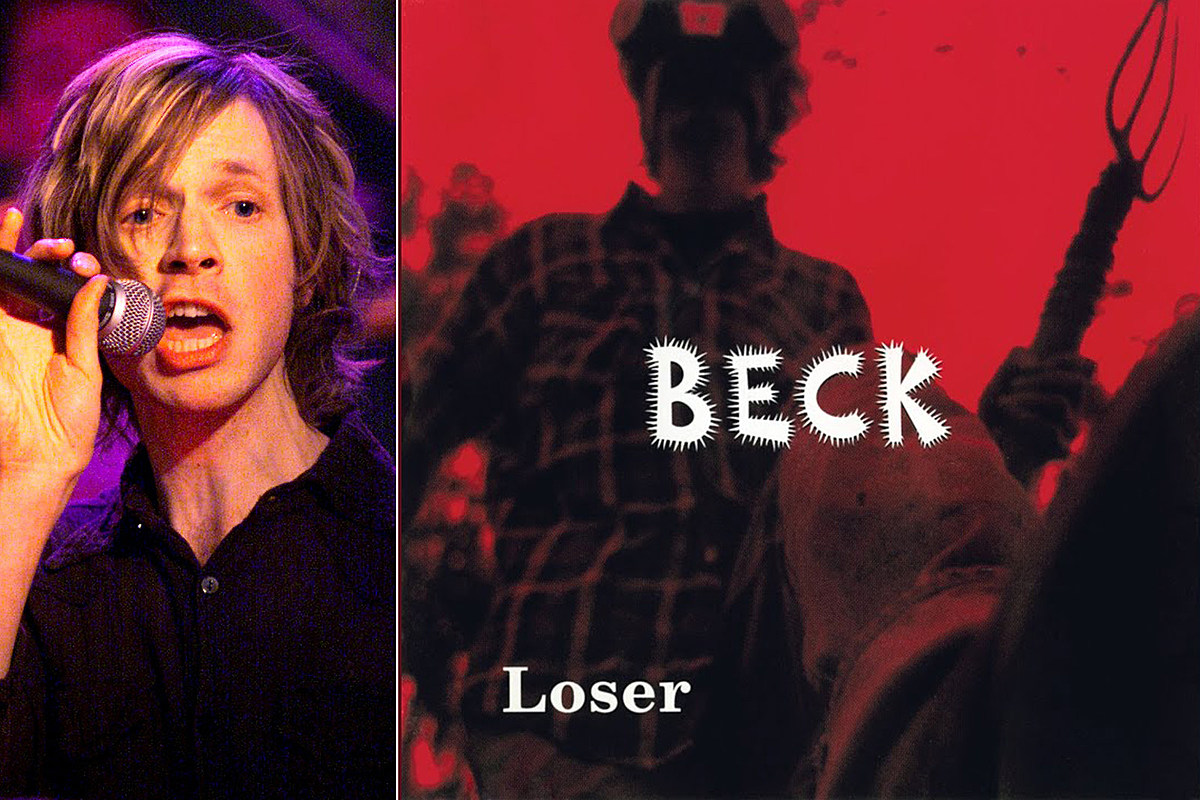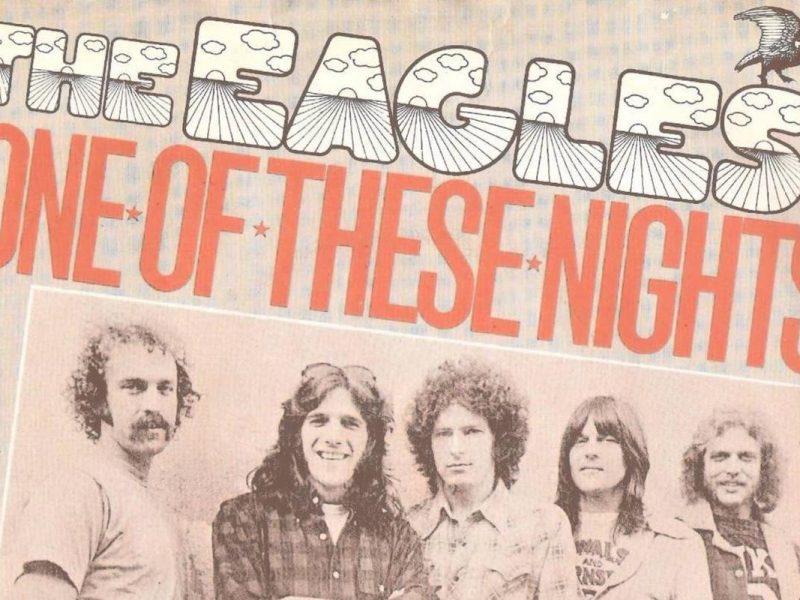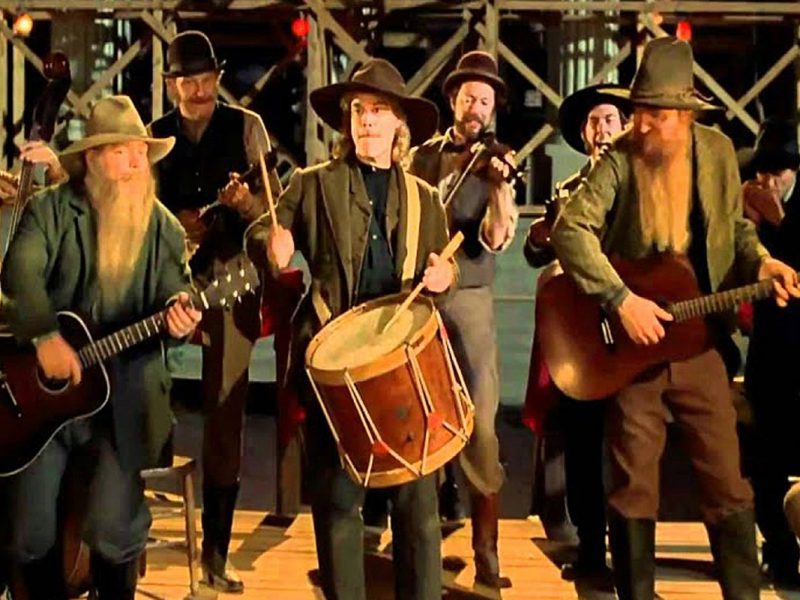When Beck’s second single was released on an indie label in March 1993, the 22-year-old singer and songwriter had no idea what to expect. It was something of a surprise to him that Bong Load Records wanted to work with him at all; “Loser” was thrown together in a matter of hours with producer Carl Stephenson.
The song came together while Beck was working a low-paid job, having returned to his native Los Angeles after failing to find success in New York. “I was living in a shed behind a house with a bunch of rats, next to an alley downtown,” he told Rolling Stone of his Big Apple experience. “I had zero money and zero possibilities. I was working in a video store doing things like alphabetizing the pornography section for minimum wage.”
The only shows he could get – aside from delivering unwanted performances to fellow passengers during bus trips – were quick guest spots to uninterested audiences in small clubs. “I would always sing my goofy stuff because everybody was drunk, and I’d only have two minutes,” he recalled. “That was my whole shot.” He eventually gave up. “It was hard to be in New York with no money, no place, no honey, no thermostats, no spoons, no Cheerios. I kinda used up all the friends I had. Everyone on the scene got sick of me.”
So he went home, where Bong Load partner Tom Rothrock heard some of his material and put him together with Stephenson. The pair assembled “Loser” at Stephenson’s home. Listening to Beck’s attempt at rapping, the singer was so disgusted with himself that he wrote the chorus about his performance.
But that’s not how the song was interpreted when it was released. In the early ‘90s, there was a general need for something new in music, and that something seemed to be Beck. “The whole thing got crazy after a while,” he said. “I mean, David Geffen called me at home just to express his interest and stuff. I kept thinking the record companies would go away after a few months.” Since Bong Load was unable to keep up with demand, Beck cut a deal with Geffen’s DGC Records for a rerelease in January 1994. That pressing of the record reached No. 10 and secured his career. “Believe me, all of this has fallen in my lap,” he reflected soon afterward. “I was never good at getting jobs or girls or anything. I never even made flyers for my shows. And until, like, six months ago, I didn’t know that you could get paid for playing.”
Watch Beck’s ‘Loser’ Video
Success introduced new issues. Before long Beck found his music being described as “stoner rap” and worse and he discovered he was becoming an unwilling voice of a lost generation. “Someone called up and said they were going to premiere the video,” he said of the song’s MTV debit.
“The guy on the air was talking about all this slacker stuff, saying that ‘Loser’ was like some slacker anthem or something. I was like, ‘What?’ I said, ‘Turn off the TV.’ I was like, ‘Slacker my ass.’ I mean, I never had any slack. I was working a $4-an-hour job trying to stay alive. I mean, that slacker kind of stuff is for people who have the time to be depressed about everything.”
Beck was so determined to avoid being labeled, he even refused an offer from Hollywood. “My manager said, ‘There’s a film. They want to use ‘Loser’ as the theme song,’” he remembered later. “There was a long pause, and he said, ‘The name of the film is Dumb and Dumber.’ And I just remember [thinking], ‘That sums up what the world thinks of me at this point.’ I tried to have fun with it, tried to not take it too serious. But at the same time, it was a little disheartening sometimes.”
In 2011 Beck told Pitchfork, “I wanted all the attention and the noise to go away because I wanted to be something a little bit more substantial. I thought of ‘Loser’ as this fluke that I’d done messing around at a guy’s house in 1991 – I hadn’t even seen that guy in two years. I didn’t even have a copy of the song. I just remember it being a laugh, but some people heard it and liked it.” He added that “it was disturbing to me that an idea or a song could become something so different from what you originally intended. It’s like if a friend took a stupid picture of you at a party on their phone, and the next thing you knew, it was on every billboard.”
With later records, Beck was able to present a broader portrait of himself as an artist. Although it would never sit comfortably with him, he also learned to live with categorization. “Human nature says that you don’t want to be categorized with ‘Beck’ stamped on your forehead and sealed in hot wax,” he told Spin in 1997. “I’m just a musician that certain people seem to like. I don’t need all the attachments. I don’t need the slacker thing, I sure don’t need the retro or kitsch culture-loving thing. It’s constantly frustrating – and sometimes hilarious – supposedly being this person you’re not … maybe I’d like to be taken a tiny, tiny bit more seriously. The records aren’t all wacky or silly nonsense, you know.”
Top 100 ’90s Rock Albums
Any discussion of the Top 100 ’90s Rock Albums will have to include some grunge, and this one is no different.



